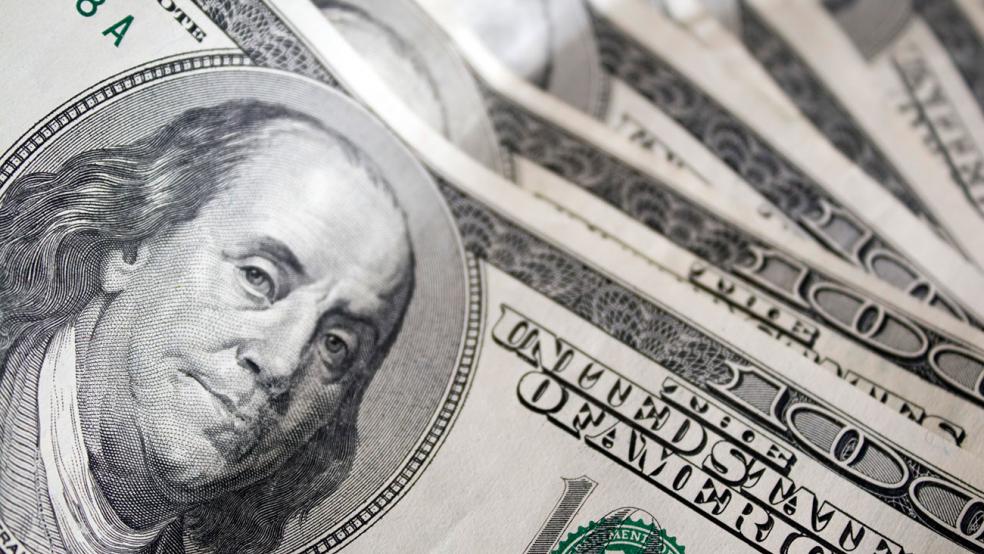In the fall of 2021, U.S. households reported the highest level of financial well-being in at least nine years, the Federal Reserve says in a new report Monday.
The Fed’s “Survey of Household Economics and Decisionmaking,” which has been conducted annually since 2013, shows that the majority of U.S. households were in pretty good shape at the end of 2021, despite the uncertain economy and lingering effects of the pandemic. Thanks to the ongoing recovery and unprecedented federal support, a record 78% of households reported being “doing okay” financially (39%) or “living comfortably” (39%).
“This increase in financial wellbeing aligns with improved economic conditions and the additional COVID-19 relief measures enacted in 2021,” the report says. “Despite persistent concerns that people expressed about the national economy, the survey highlights the positive effects of the recovery on the individual financial circumstances of U.S. families.”
Parental improvement: Parents, in particular, reported a notable improvement in their situation, the Fed says, thanks to the reopening of schools and “additional financial resources provided to parents such as the enhanced child tax credit.” About 75% of parents said they were doing at least OK financially, an eight-point improvement from the year before. Most parents also said that their children were doing better in 2021 than in 2020.
Passing the $400 test: The survey, which involved 11,000 adults and took place in October and November of 2021, asks participants about their ability to handle a $400 emergency expense using cash or equivalent. About 68% said they could meet such an expense, up from the 50% recorded in 2013 and the highest level in the history of the survey. A bit more than 10% said they could not pay such a bill by any means.
An educational divide: Although people at all levels of educational attainment reported better conditions in 2021 relative to 2020, serious differences remain. While 91% of those with at least a bachelor's degree said they were doing OK or better financially, only 49% of those with less than a high school degree said the same – further evidence that the U.S. economy is rewarding different educational groups in very different ways, both before and during the pandemic.
"[L]ooking over the past five years shows a steady and sizeable increase in financial well-being among those with at least a bachelor’s degree (an increase of 9 percentage points in the share doing at least okay from 2016 to 2021), while adults with less than a high school degree have not experienced lasting gains in financial well-being,” the Fed says.
What about inflation? The survey took place before the economy hit a rough patch early this year and inflation continued to climb to recent highs, raising questions about how households have been faring more recently. While Americans are still spending with considerable gusto, with retail spending rising 0.9% in April, soaring prices for gasoline and food may be taking an increasingly painful bite out of household income and savings.
Still, Federal Reserve chair Jay Powell has expressed confidence that households can weather any difficulties created by the central bank’s campaign to tighten financial campaigns. “I think we have a good chance to have a soft or softish landing or outcome,” Powell said earlier this month, adding that households “are in very strong financial shape.”




